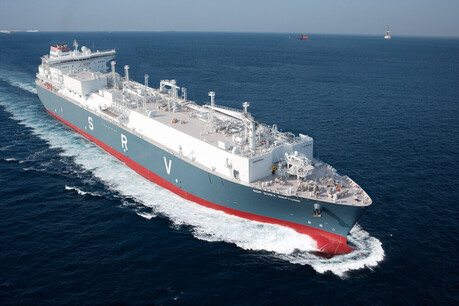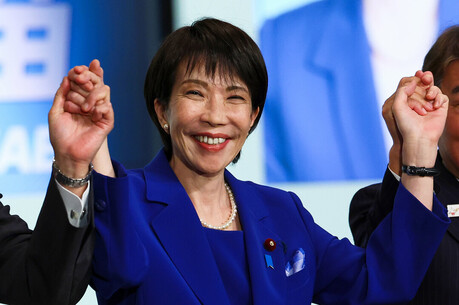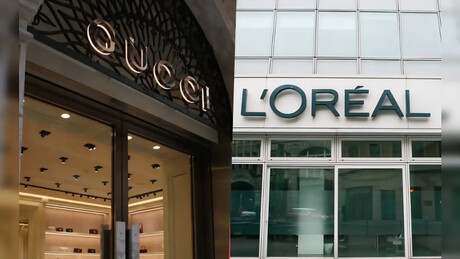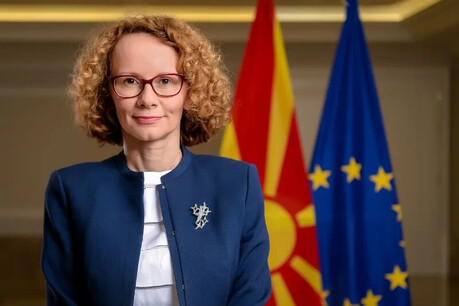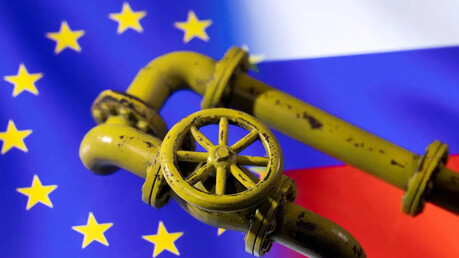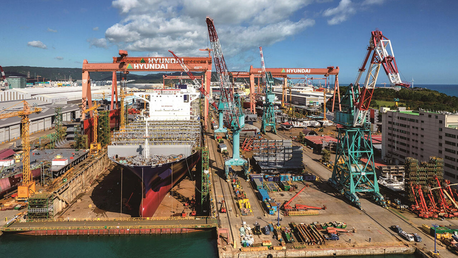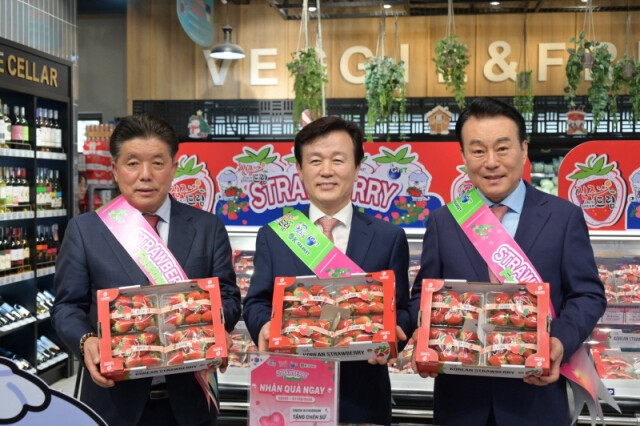
JINJU, South Korea – Jinju City, a consistent frontrunner in South Korea's fresh agricultural product exports, has announced a substantial investment of approximately ₩9.8 billion (around $7.1 million USD) to bolster its competitiveness and maintain its top national ranking. The city unveiled its comprehensive support plan on April 25th, allocating ₩9.78 billion towards various initiatives designed to invigorate agricultural exports in an increasingly dynamic global market.
Since its initial foray into international agricultural trade in 1993, Jinju has navigated numerous challenges, including global economic downturns, Free Trade Agreements (FTAs), and the COVID-19 pandemic, to consistently hold the premier position in fresh produce exports nationwide. Recognizing the need to evolve beyond mere volume-based exports, Jinju is strategically focusing on enhancing the quality and brand image of its agricultural products. This includes a concerted effort to transition to high-quality varieties specifically suited for international markets and the development of sophisticated, premium packaging techniques aimed at elevating the perceived value of Jinju's produce. Furthermore, the city is actively pursuing the diversification of its export destinations and the expansion of its export portfolio to ensure long-term sustainability in the global arena.
Despite headwinds such as the prolonged weakness of the Japanese Yen, a significant export market for South Korean agricultural goods, and widespread adverse weather conditions that have impacted crop yields across the board, Jinju demonstrated remarkable resilience in the past year. The city achieved a total export value of approximately $60.34 million USD in the preceding year, with fresh agricultural products accounting for a significant $59.39 million USD and processed agricultural goods contributing an additional $0.94 million USD. This robust performance was further underscored by the recognition Jinju received in the agricultural sector. In the Ministry of Agriculture, Food and Rural Affairs' evaluation of specialized horticultural export complexes, an impressive 14 out of Jinju's 22 complexes were awarded the prestigious "Excellent" rating. Additionally, Gyeongsangnam-do province lauded Jinju's proactive export policies, naming the city the top institution in its comprehensive export evaluation.
Key agricultural exports from the Jinju region include high-quality strawberries, renowned for their sweetness and texture, Korean pears (baes), prized for their crispness and juiciness, and vibrant paprika, which have gained significant traction in international markets due to their color and nutritional value. These strategic crops form the backbone of Jinju's export success, and the city's initiatives are tailored to further enhance their market appeal.
To tap into new international markets and identify promising new export items, Jinju is actively engaging in overseas market development activities, including participation in specialized trade fairs and the organization of targeted promotional events. Looking ahead, the city is planning to host a crucial export consultation meeting in November. This event aims to provide a platform for local producers and international buyers to connect, fostering stable export channels and enabling Jinju's agricultural sector to adapt swiftly to the ever-changing dynamics of the global marketplace.
A spokesperson for Jinju City emphasized the unique complexities inherent in agricultural exports compared to manufactured goods. "The export of agricultural products necessitates strict adherence to varying production and quality inspection standards dictated by each importing nation and specific product type," the official stated. "Moreover, this sector is particularly susceptible to the fluctuations of international political climates and the detrimental effects of climate change on crop yields, both of which can significantly impact export conditions."
In its commitment to maintaining its competitive edge, Jinju is proactively addressing logistical challenges. A pilot program focusing on the utilization of Controlled Atmosphere (CA) containers is underway. CA technology regulates the levels of oxygen, carbon dioxide, and nitrogen within the container, along with temperature and humidity, effectively slowing down the ripening and decay processes of fresh produce during transit. This innovative approach is crucial for preserving the quality and extending the shelf life of Jinju's exports, thereby enhancing their appeal in distant markets and reducing potential losses due to spoilage. The successful implementation of CA containers is expected to significantly reduce logistics costs and further solidify Jinju's position as a reliable exporter of premium fresh produce.
Furthermore, Jinju is investing in research and development to adapt to evolving consumer preferences and international phytosanitary regulations. This includes exploring organic farming practices and sustainable agriculture to meet the growing demand for environmentally friendly products in key markets. The city is also working closely with agricultural research institutions to develop new varieties that offer enhanced disease resistance, improved yields, and characteristics that align with the specific requirements of different export destinations.
Jinju's proactive and multi-faceted approach underscores its commitment to sustaining its leadership in South Korea's fresh agricultural export sector. By investing in quality enhancement, market diversification, logistical improvements, and the exploration of new opportunities, Jinju is not only safeguarding its current standing but also laying a strong foundation for continued success and growth in the years to come. The city's strategic initiatives serve as a model for other agricultural regions in South Korea seeking to expand their presence in the competitive global marketplace.
[Copyright (c) Global Economic Times. All Rights Reserved.]
















